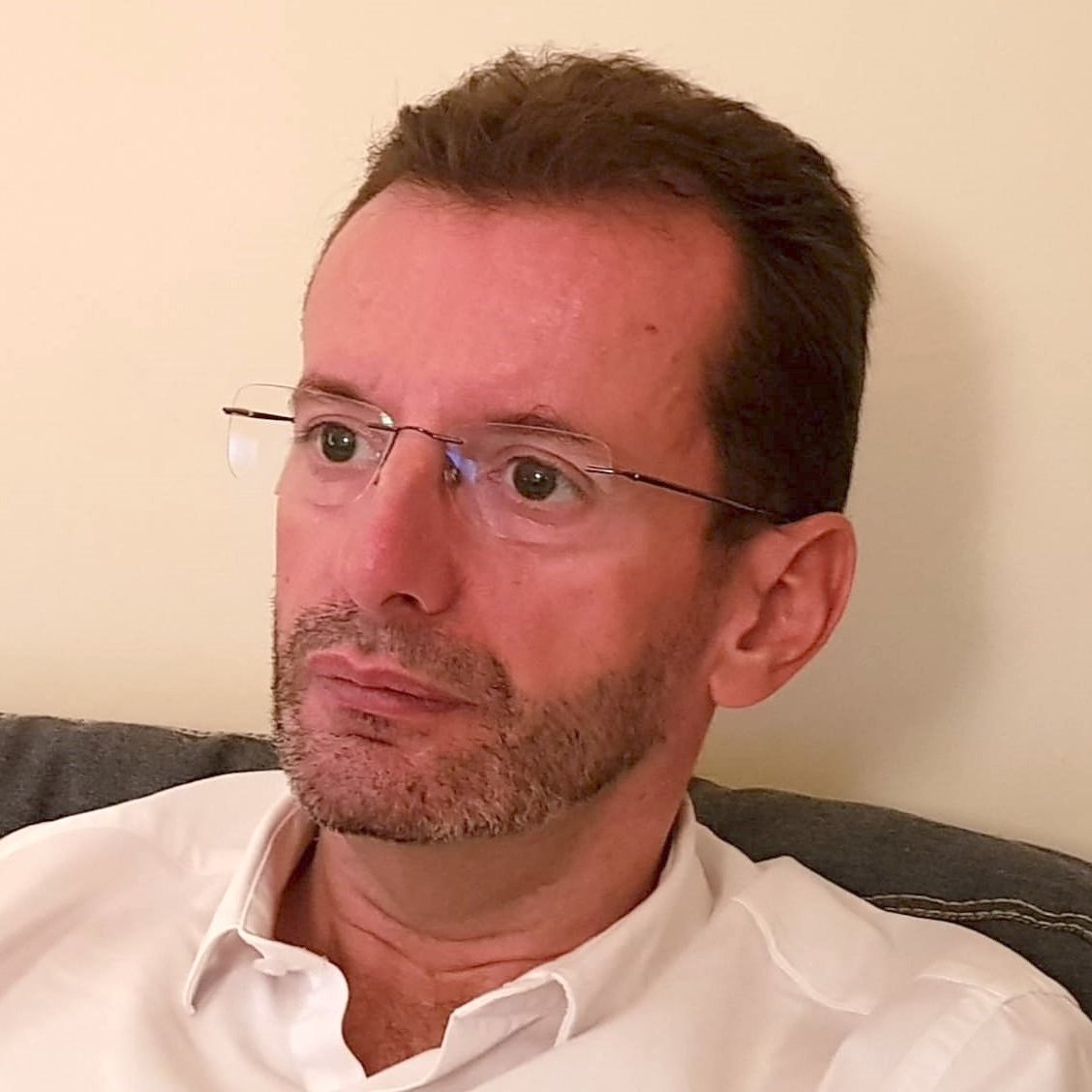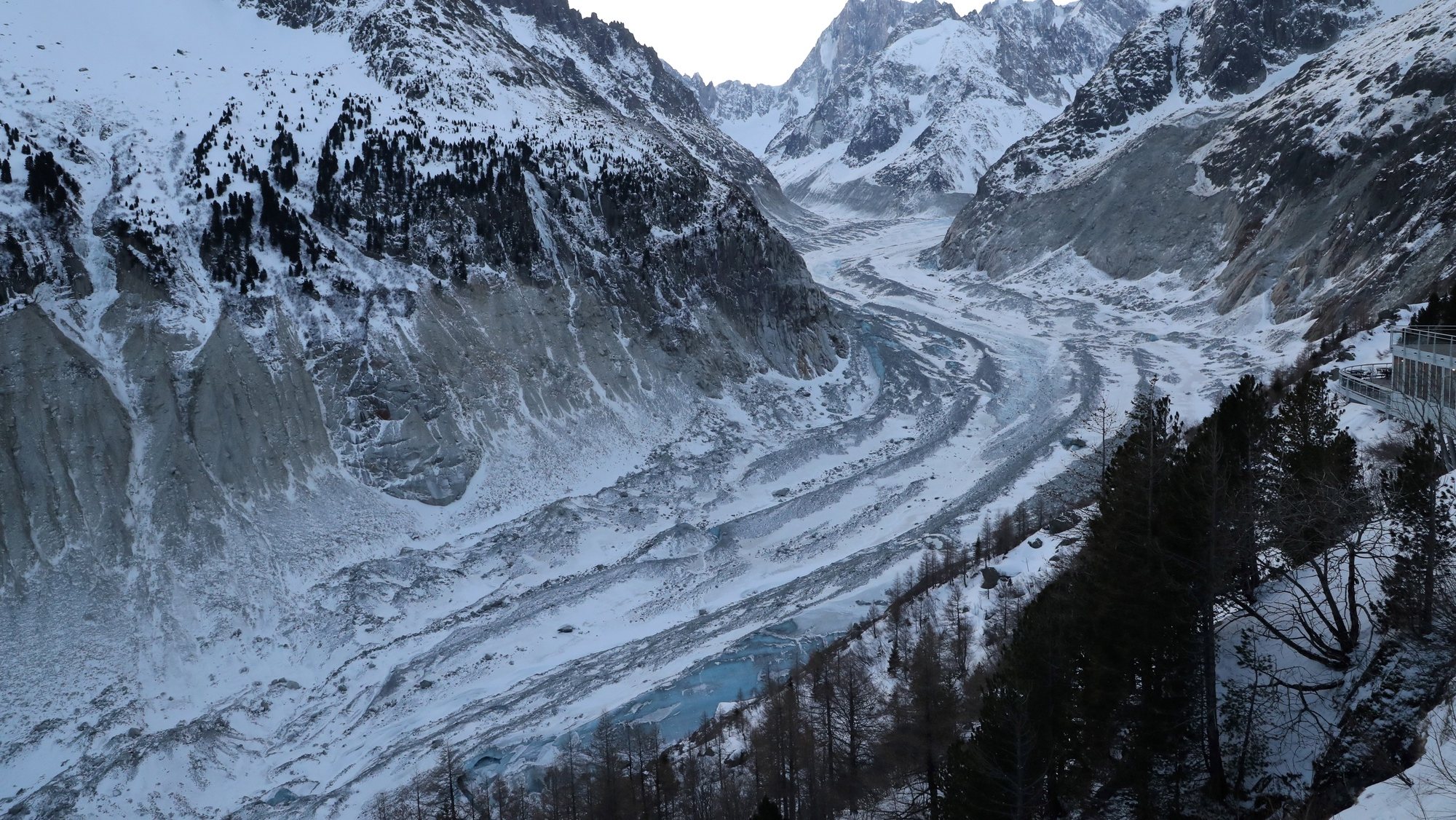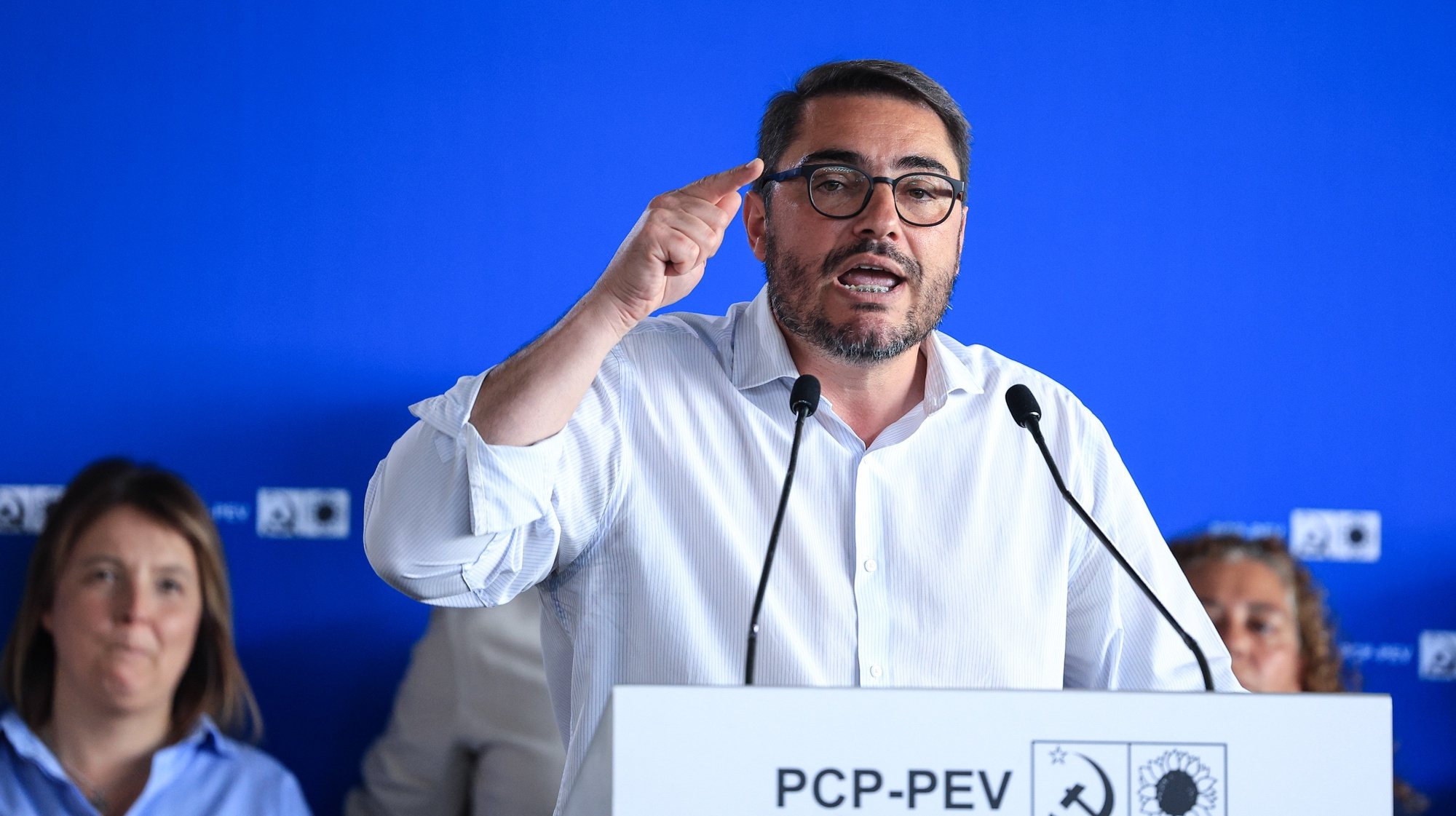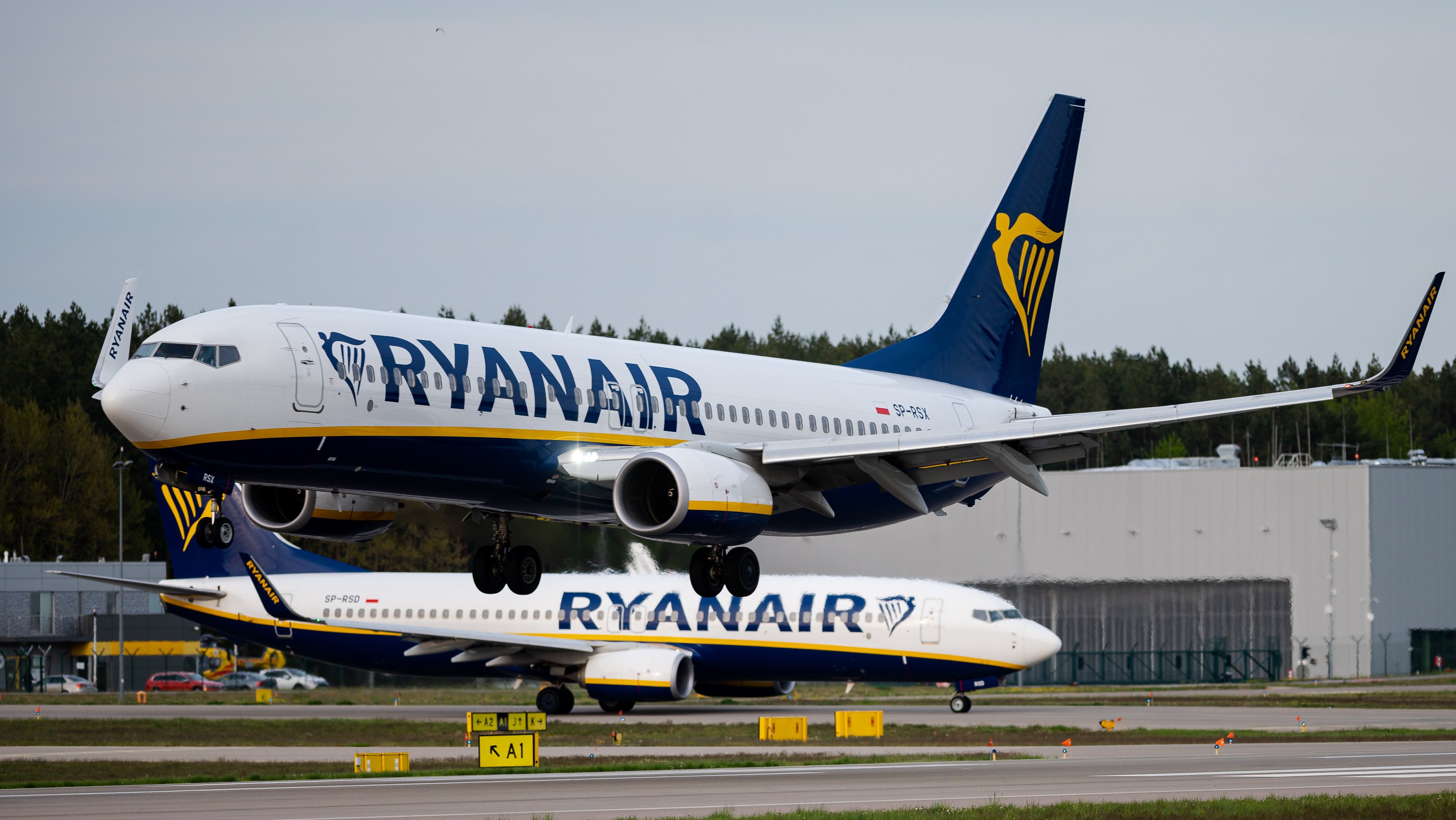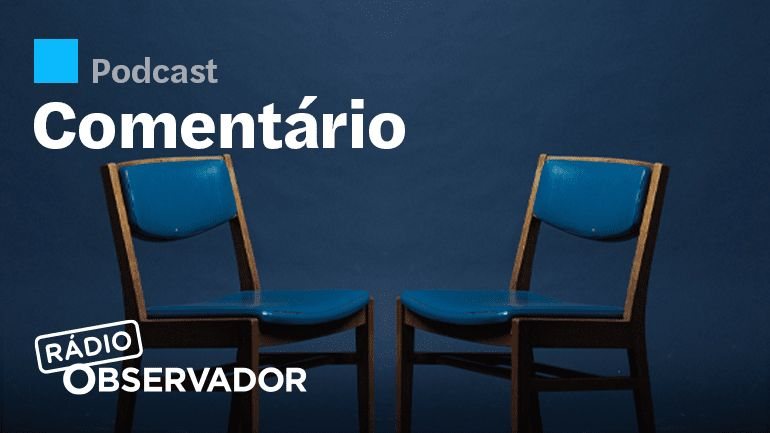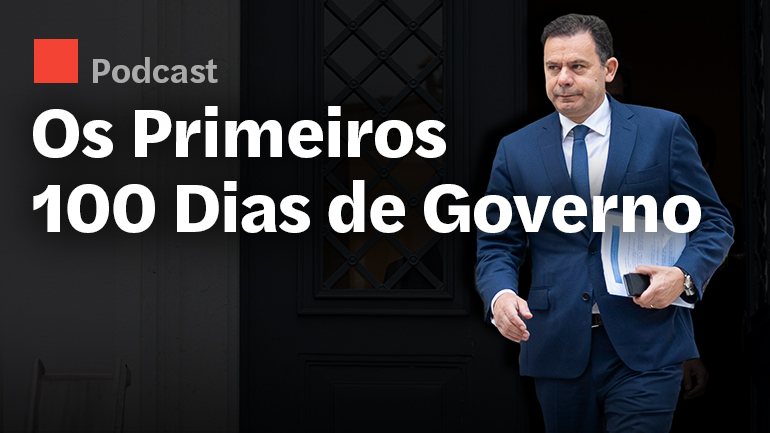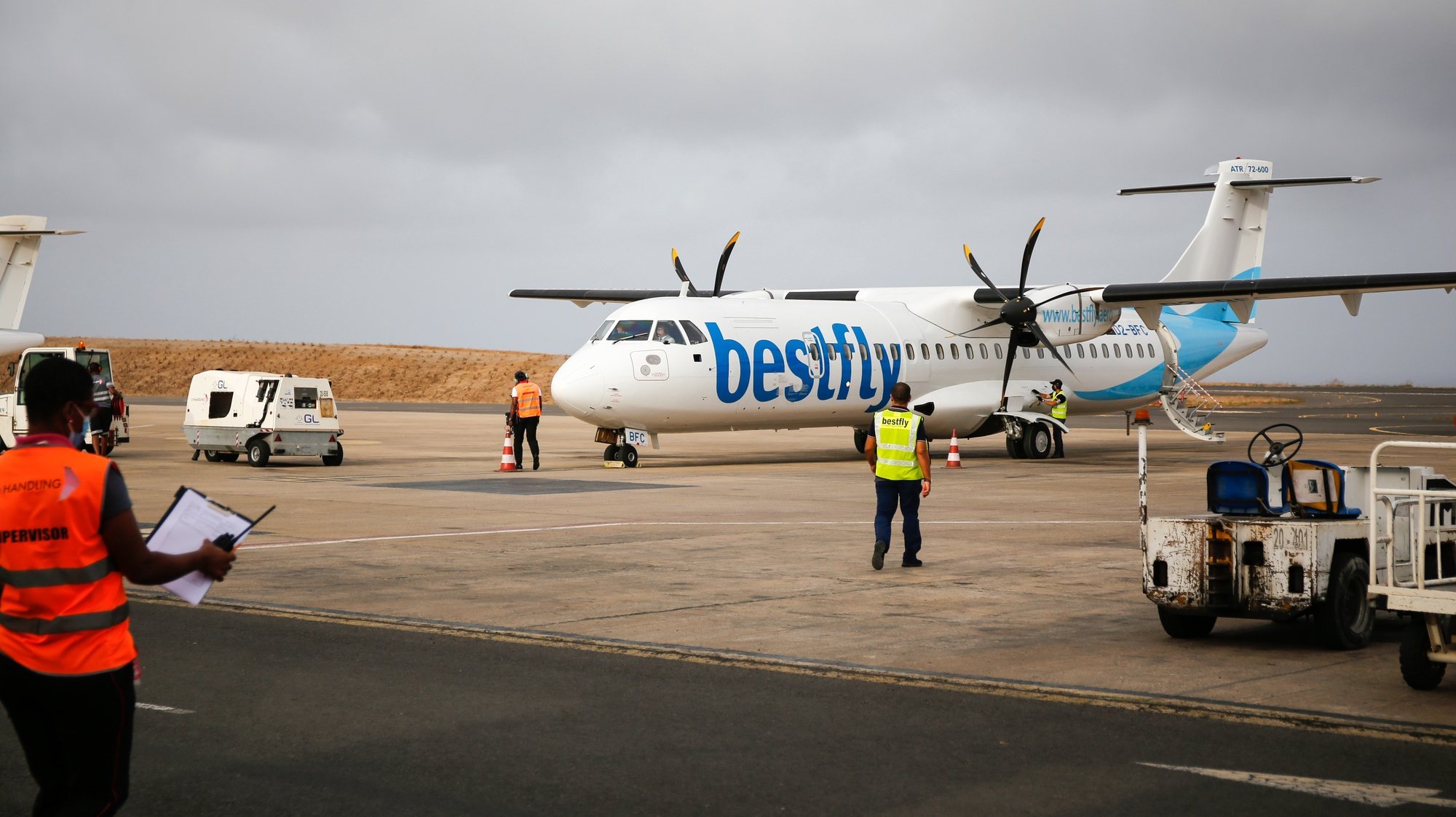1 To describe both Europe’s current circumstances and the measure of our resolve, Churchill’s sentence is the most fitting. Against those who uphold totalitarian ideas there is only one position: an unequivocally reaffirmation of democratic principles! One cannot just say. One must also act accordingly. And yes. Democracy and Freedom have costs!
Furthermore, by evoking Churchill and the context in which such words where expressed, we are remembered to what today is at stake. At the time, the choice was between defend or compromise our values and principles. At the time, despite all the warnings, Nazi threats were ignored.
Chamberlain was not willing to let go his appeasement policy. He was so keen to the idea that even after the Anschluss, Chamberlain went to the point of sanction Hitler’s desire on the Sudetenland region of Czechoslovakia (1938). Only after intense diplomatic pressure of the British (and the French) Government, did the Czechoslovakian President Edvard Beneš agreed with the demands for Sudeten autonomy. Later that year, the Munich Conference, classified by Chamberlain as the moment of “peace for our time”, handed over the Sudetenland districts to Germany. This signified the first sign of real concession, and we already know what happened next.
Hitler tactics were simple. Through local supporters, preferably with ethnic ties and endowed with political organization, subversive acts would be carried out to provide a pretext for German military action. Who was Hitler’s trusted man in the Sudetenland region? Konrad Henlein.
History is our greatest Teacher. We must learn its lessons. As such, it is primordial to bear in mind that even after all these events, among the British corridors of power there were those who argued for a peace treaty with Hitler. Imagine how history would have been if such moment had happened?
To have a better understanding of the subject under consideration, we also cannot disregard the consequences of the Molotov-Ribbentrop Pact and its Secret Protocol, which defined the borders of Soviet and German spheres of influence across Poland, Lithuania, Latvia, Estonia, and Finland.
Neither Stalin nor the Bolsheviks ever got over the territory loss caused by the Treaty of Brest-Litovsk (1918). The signing of the Treaty was all but peaceful. During the discussion within the All-Russian Central Executive Committee, when Lenin told the delegates that saving the world revolution required validate such shameful peace and if they did not sign, he would resign, he was called a traitor. So, Stalin saw in the Molotov–Ribbentrop Pact the opportunity to recover Lenin’s lost empire. As we know, in Yalta he went further, and soviet influence reached another level.
2 The aftermath of the Second World War represented the beginning of a new international framework. Faced with the failure of the League of Nations, the leaders of the Allied countries began a new process of international negotiation that culminated in the creation of a new intergovernmental organization, the United Nations (UN) and with it a new regulation for international law. Key examples are the UN Charter and the Universal Declaration of Human Rights.
The UN Charter codifies the major principles of international relations, varying from sovereign equality of States to the prohibition of the use of force in international relations. One of the objectives expressed in its preamble is “to establish conditions under which justice and respect for the obligations arising from treaties and other sources of international law can be maintained” and all UN members are bond to it. Putin’s Russia is no exception.
Danielle Young says that “since its inception, whatever post-war international order that exists has been under siege.” Yes, as we live in a world of nations, we can accept that view. Within the realm of international relations, realism and the importance of power and the balance of power as guarantees of security reigns supreme. Nonetheless, it is undeniable that the current international environment is different from the one that prevailed before the Second World War.
Hans Morgenthau in its 1948 book – Politics among Nations: The Struggle for Power and Peace – enumerated the six principles of realism. Although he had stressed the significance of foreign policy ethic dimension, policy makers paid little attention to it. Today, unfortunately, two of Morgenthau’s tenets – that realism is a perspective aware of the moral significance of political action; and the moral aspirations of a single community or a state may not be universally valid or shared – are almost forgotten.
3 Throughout history how many times was language, and ethnic population, and “protection” evoked as an argument to disrespect international law? Putin and his supporters have been mimicking Hitler’s tactics.
Relations between Russia and Georgia began to worsen after the 2003 Georgian Rose Revolution, which caused the downfall of Eduard Shevardnadze and signal a pro-Western foreign policy aiming a European and Euro-Atlantic integration. By April 2008, relations between both countries reached a full diplomatic crisis, and in August Russia invaded Georgia. How did Medvedev justify this decision? Russia wanted to shield and help the two breakaway regions of Abkhazia and South Ossetia. Concerning the latter Putin also argued that the military intervention was to protect Osseitians from Georgian “genocide.” Who were the Kremlin friends in Abkhazia and South Ossetia? Sergei Bagapsh and Eduard Kokoyty.
In 2014, after the Kremlin loss of political influence due to Maidan Revolution and the consequent ousting of Viktor Yanukovych and his government, Russia invaded Ukraine and annexed Crimea. Once again, Putin employed Nazi tactics. Pro-Russian demonstrations were held in Sevastopol, masked Russian troops without insignia took over the Supreme Council of Crimea and Sergey Aksyonov, a declared Kremlin supporter, with the presence of the gunmen armed with Kalashnikov assault rifles and rocket launchers, was “elected” Prime Minister of Crimea.
What triggered Putin’s decision to invade Ukraine and annex Crimea? His concerns about the people of Crimea ability to freely express their will. That is why Russian troops occupied Crimea. To ensure freedom of speech and of choice. Curiously, while Yanukovych was in power and Russia maintained influence over the political decisions made in Kyiv, Putin saw no problem with the Crimeans freedom of expression.
Finally, what was the reason given by Putin to justify the invasion of Ukraine? “Denazification.” Intriguingly, the Kremlin gave no justification about the war crimes committed by the Russian troops, the attacks to civilians, and, among other things, the looting and theft of Ukrainian cereals.
4 Once again, the choice is between defend or compromise our values and principles. Once again, all warnings were ignored. All those, including Henry Kissinger, who say that we must find a way to save Putin’s face are wrong.
We keep neglecting Karaganov’s Doctrine. We keep disregarding Dugin’s concepts. We keep forgetting that Empire is the most enduring idea within all Russians elites, regardless of the epoch. We keep ignoring that Putin’s regime is nothing but a corporativist system. Let me ask you this. Concerning Crimea’s annexation what is more plausible? An act of Russian nationalism or an act of Russian imperialism?
Putin evaluated us in Georgia. Almost nothing was done. Putin annexed Crimea. Again, almost nothing was done. Putin invaded Ukraine. Finally, we are really reacting. But if our position weakens, Putin will do whatever and wherever he wants. Concerning Europe, this is what Putin and his staff desire: Russians want to be in, throw the Americans out and keep the Germans down. Which they will only accomplish with NATO disbanding.
The last thing we should do is save Putin’s face. Neither Putin nor his entourage can be trusted. Obviously, I am not advocating an invasion of Russia to overthrow Putin. That task falls entirely to the Russian people. What is essential to do is to unmask Putin’s lies, to show that he is an autocratic despot and to encourage those who have the courage to stand up to him through democratic procedures.
The latest form of Russian blackmail is the threat of nuclear war. Either they give me what I want, or else. We simply cannot give in. Nothing guarantees us that Putin will stop. In fact, his behavior indicates that what will surely happen are more abuses and demands. If Putin starts a nuclear war, it will not just be our children who will die. Losses will be global.
Circumstances may reveal people’s abilities, but it is choices that bring out character. Both Putin and Zelensky are revealing who they are. So must we. As such, we must be worthy of those who gave their last measure of devotion for us. We must show the same unwavering resolution and do what is right.
That is the only way we will properly honor those who allowed us to be what we are – Churchill, de Gaulle, Roosevelt, Pierlot, Dupong, Adenauer, Monnet, Schuman, Spaak, among many others.
Membro da Comissão Executiva da Iniciativa Liberal




